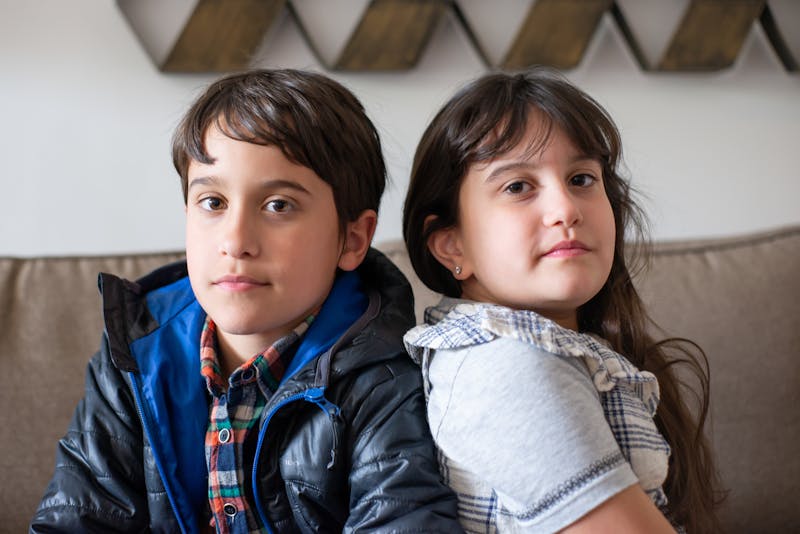
CMS – 2012 Child Maintenance Scheme
The Child Support Agency (CSA) has now been replaced by the Child Maintenance Service (CMS) for new applications.
In order for the CMS to have jurisdiction, you, your child and your child’s other parent have to have the right to live in the UK and have made your home here. If not you could contact REMO to see if there is a way of obtaining a court order for maintenance and have it enforced in the country where the non resident parent lives.
The government wants to encourage the two parents to sort out child support between themselves, using the CMS only if this is not possible. If you are unable to reach a private agreement, or the one you have has broken down then the CMS is the only real alternative.
The Initial Application Process
You start by calling the Options Service on 0800 988 0988 for information such as how to sort out a private agreement or about the CMS and the services it provides. In order for you to use the CMS you need a Unique Reference Number (URI) which the Options Service can provide you with. For further information see our article CMS – 2012 APPLICATION Process.
Fees and Services
The services which the CMS can offer are:
- DIRECT PAY: The CMS make the calculation and then leaves it to the two parents to sort out payments between them. This service is expected to cost £20 as a one off application fee for the life of that claim. The service is free for those who have experienced domestic violence and those aged under 18 years.
- COLLECT AND PAY: The CMS calculate the assessment and collects the payments. The fee for this is expected to be a deduction of 4% of the child support paid (Paying Parent’s fee) and the Paying Parent will pay an additional 20% of the child support paid.
All parents who apply will have to try the Direct Pay option before they can opt for the Collect and Pay service.
- ENFORCEMENT: There may be extra charges for the Paying Parent:
- £50 for a Deduction from Earnings Order
- £200 for a bank Deduction Order
- Up to £300 for a Liability Order
The Calculation
The amount the Paying Parent (Non Resident Parent) would be asked to pay under the CMS 2012 Scheme is based upon gross income (obtained from HMRC) rather than the net income used at by the older CSA scheme. But pension payments are allowed to be deducted from gross pay. You can use the calculator. The proposed rates are:
- a basic rate for those with a weekly income of £200 or more
- a second basic rate for those with a weekly income of £800 or more
- a reduced rate for those with a weekly income of more than £100 but less than £200
- a flat rate of £7 for those with a weekly income of less than £100 or are on certain benefits
- a nil rate for those with weekly income of less than £7 or in certain special categories
If the non resident parent’s weekly income is £800 or less, the rates will be:
- 12% for one child
- 16% for two children
- 19% for three or more children
If the non resident parent’s weekly income is over £800 a week, the rates that will apply to the amount over £800 will be:
- 9% for one child
- 12% for two children
- 15% for three or more children
The gross weekly income will be reduced if the non resident parent has other children. The amounts are a reduction of 12% for one child, 16% for two and 19% for three or more children.
The child support can be reduced if shared care takes place for at least 52 nights a year. The CSA will be able to assume an amount of shared care of one night a week (and reduce the child support liability) by one seventh if there is:
- Insufficient evidence of an established pattern of shared care.
- No agreement between the two parents.
- No court order that outlines the amount of contact.
If each parent provides sufficient care to be considered to be the parent with care, the rules for treating one of the parents as being non resident will be the same as they are at the moment. In the new 2012 scheme, if shared care is found to be 50:50 then there will be no child support liability.
Read more about Shared Care – all CMS/CSA schemes.
If there is a split care situation (where you have children together and at least one child is living with each parent) a child support assessment will be calculated for both. Then the amounts will be offset against each other with the parent with the higher liability making a balancing payment.

